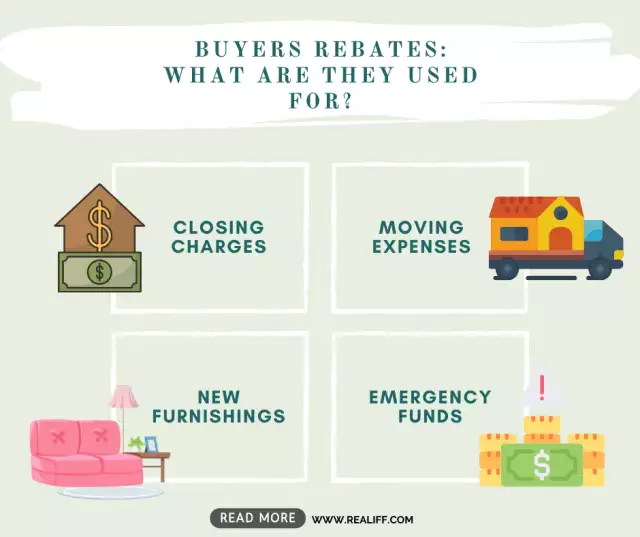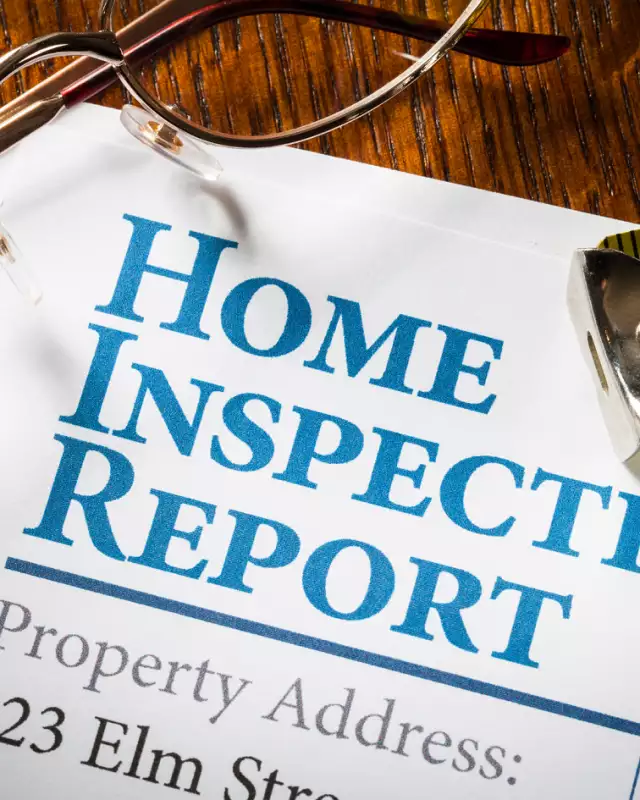Navigating Real Estate Rebates: Eligibility and Regulations for Home Buyers
Navigating Real Estate Rebates: Eligibility and Regulations for Home Buyers
Real estate rebates are incentives offered by some real estate agentsor brokers to home buyers as a way to reduce the costs associated with purchasing a home. Essentially, a rebate is a portion of the commission that the agent or broker earns on the transaction, which is then returned to the buyer.
While real estate rebates are legal in many states, the rules and regulations surrounding them can vary widely. Therefore, it is important for home buyers to understand who is eligible for real estate rebates and the conditions under which they may be offered. Here is a guide to help you navigate the eligibility requirements for real estate rebates:
- Location:The eligibility requirements for real estate rebates may differ depending on the state or territory where the transaction occurs. In some states, such as California and Florida, rebates are legal, while in others, such as Oregon and Alabama, they are not allowed. It is important to check the local laws regarding rebates before entering into any real estate transaction.
- Participation:Not all real estate agents or brokers offer rebates, and those that do may require the buyer to participate in specific programs or services in order to qualify. For example, some agents may require buyers to sign up for a particular mortgage or use a specific title company to receive the rebate.
- Type of property:Rebates are typically available for the purchase of residential properties such as single-family homes, townhouses, and condominiums. Some agents may also offer rebates for the purchase of commercial properties or land, but these are less common.
- Type of transaction:Real estate rebates may be available for both new construction and pre-owned properties, but the eligibility requirements may differ. For example, some agents may only offer rebates for the purchase of new construction homes or those that have been on the market for a certain period of time.
- Purchase price:The amount of the rebate may be tied to the purchase price of the property, with higher-priced homes generally offering larger rebates. However, some agents may have a cap on the amount of the rebate or may offer a flat amount regardless of the purchase price.
- Payment:The rebate may be paid to the buyer as a lump sum after closing, or it may be applied to the buyer's closing costs or used to reduce the purchase price of the home. It is important to clarify the payment terms before entering into any agreement.
- Disclosure:In some states, agents are required to disclose the availability of rebates to buyers. However, this is not required in all states, so it is important to ask the agent directly if they offer rebates or to do your own research.
Overall, the eligibility requirements for real estate rebates can vary widely depending on the location, agent, and specific transaction. It is important for home buyers to do their research and ask questions to ensure that they are taking advantage of any available rebates and that they understand the terms and conditions of the offer.







